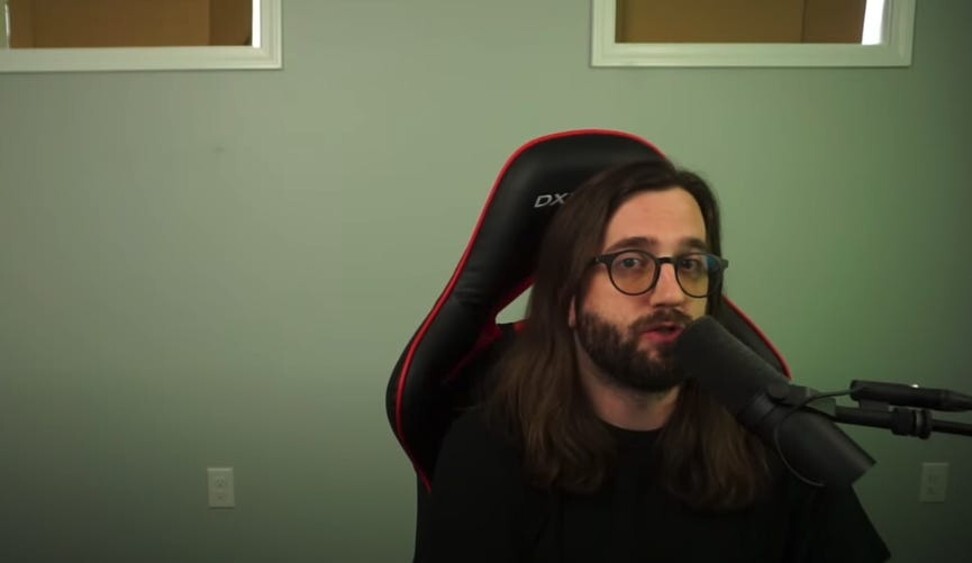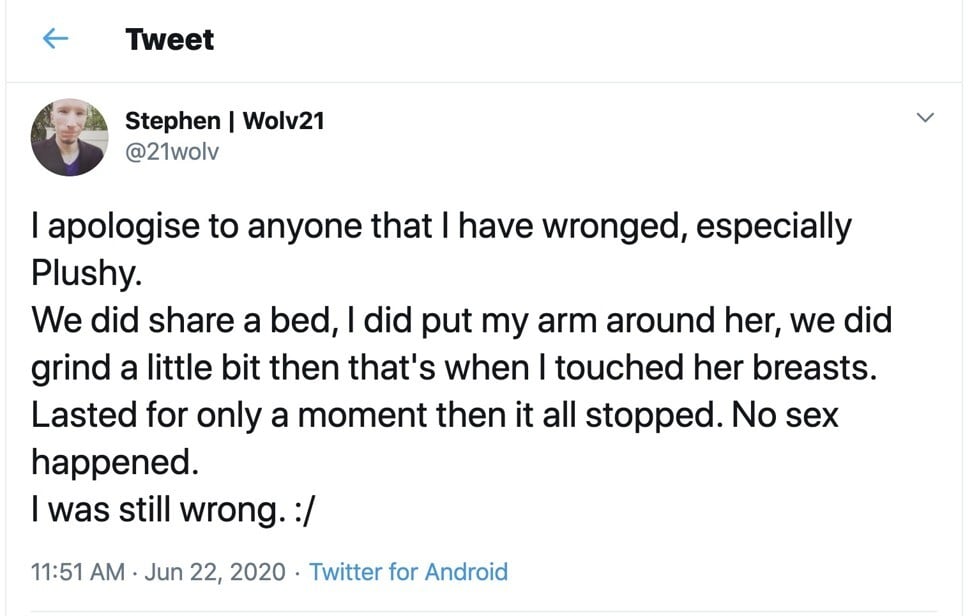
Streamers banned on Twitch and Facebook Gaming find a new home on YouTube
- Banned or suspended for reasons including sexual harassment and emotional abuse, several video game streamers have found refuge on YouTube
- While YouTube has cracked down on hate speech and harassment in its channels, it is reluctant to punish behaviour that occurred on other sites or offline
When a handful of streamers were recently banned or suspended by the live-streaming platforms Twitch and Facebook following accusations of sexual harassment, their careers didn’t end. At least three streamers simply picked up and shifted their focus over to YouTube.
For streamers, YouTube is often the best available option. Though known for its short videos, YouTube is the second-largest live video-game site, trailing only Twitch, and that side of its business is growing fast.
Competition among live-streaming sites is fierce. For YouTube, part of Alphabet’s Google, there’s an advantage to letting in creators who bring along large communities of viewers. And because YouTube isn’t actively recruiting the banned streamers or signing them to contracts, it’s unlikely to incur much ire for allowing them on board, even from other creators who support the #MeToo movement.
“It does very much feel like YouTube wouldn’t really care, and that it would be a useless fight to have,” said Isabelle Briar, aka LadyNasse, a recently retired streamer who for years has called attention to the problem of harassment in the streaming industry.

A spokesperson for YouTube said that all creators are subject to the site’s policies prohibiting sexual harassment.
“We also take allegations of sexual misconduct off-platform very seriously,” said the spokesperson. The company “may take action including suspending monetisation or terminating accounts when allegations harm our platform, such as when they are corroborated by law enforcement or other legal action.”
“I am against all abuse, whether it’s sexual, physical, or domestic or otherwise,” he said in an interview. “It’s not something I would do.”
McMahon said he has hired a lawyer and is hoping to get reinstated by Facebook eventually, where he can no longer be found on the official gaming section or use monetisation features like Stars, which allows fans to donate money directly to creators.
There’s no uniform standard for behaviour on social media. Twitch is raising the bar high, and people turn to other platforms that haven’t yet
A spokesperson for Facebook Gaming said in a statement that its partners are “held to a high standard to build safe and inclusive gaming communities. We have a clear set of community standards, and all allegations of misconduct will be investigated thoroughly. It’s critical for the industry to come together to tear down toxicity in all forms.”
Meanwhile, McMahon has turned to YouTube, where he has been streaming games such as Call of Duty: Warzone .
His YouTube subscribers have doubled to nearly 40,000 since he has been appearing on the site more frequently. Even so, he said, it has been more challenging for him to make money on YouTube than it had been on Facebook Gaming. “It’s definitely been a lot more difficult recently to continue to do what I do,” he said.
In response to an inquiry from Bloomberg News, Nheap said she found it “disheartening” to see McMahon “given rights to major platforms to maintain profit and influence” even after she came forward. “Does that make me regret sharing my experience?” she said. “No.”
Another streamer, SayNoToRage, known only by his first name Lono, was banned by Twitch after being accused by a handful of women of harassment and unwanted sexual advances.

Lono didn’t respond to a request for comment. On June 20, he posted an apology video. “There’s no excuse for my behaviour,” he said.
On July 2, he posted another video, in which he denied that any assault or harassment took place and said he is looking into appealing the Twitch ban. A spokesperson for Twitch declined to comment. Lono encouraged fans to support him through PayPal payments and is now streaming his gaming discussions on YouTube.
Stephen Trackim Jnr, who goes by Wolv21, issued an apology on Twitter following claims of sexual harassment. Now, every few days, he streams on YouTube. Trackim didn’t respond to a request seeking comment.

The newcomers banished from Twitch and Facebook present a unique conundrum for YouTube. Recently, the site has cracked down on hate speech and harassment, removing offending channels from search results and recommendations or deleting them altogether. But YouTube is reluctant to punish behaviour that occurred on other sites or offline.
On rare occasions, YouTube has eliminated accounts after the owners were charged or convicted of a crime. More often, the company only acts if accounts specifically violate the policies in videos that they have posted on YouTube.
“There’s no uniform standard for behaviour on social media,” said Doron Nir, CEO of research firm StreamElements. “Twitch is raising the bar high, and people turn to other platforms that haven’t yet.”

